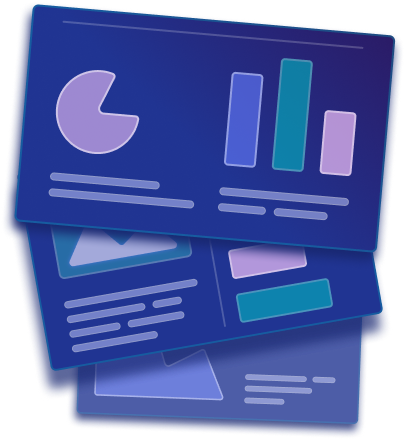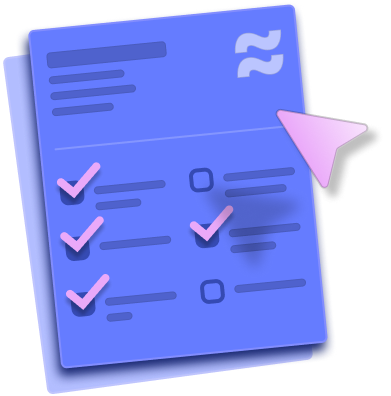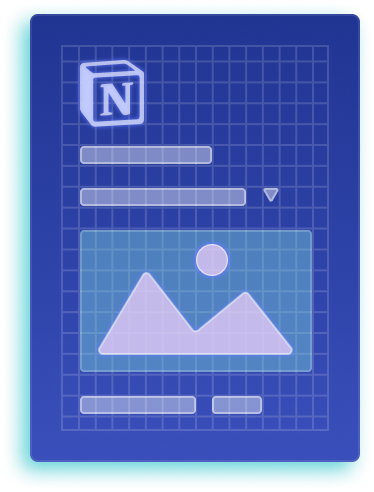Webflow Google Maps Integration
Integrating Google Maps with Webflow enriches the user experience by embedding dynamic, interactive maps on your website.

.svg)

.svg)


.svg)
About Google Maps
Google Maps is a web mapping service developed by Google, offering detailed information about geographical regions and sites around the world. It provides street maps, a route planner for traveling by foot, car, bicycle, or public transportation, and an urban business locator for numerous countries.
Benefits of Integrating Google Maps with Webflow
Integrating Google Maps with Webflow enhances user experience by providing interactive maps directly on your website. This integration can help users
- Locate business premises
- Understand geographic contexts
- Interact with custom map interfaces
It adds a visual and functional appeal to the website, making it more engaging and informative for visitors.
{{cta}}
Common Issues When Integrating Google Maps with Webflow
Some common issues include:
- Difficulty in obtaining and setting up a Google Maps API key.
- Challenges in customizing map settings to match the website’s design.
- Ensuring responsive behavior of maps across different devices and screen sizes.
- Keeping up with Google Maps Platform's billing and API usage policies.
How to Integrate Google Maps with Webflow
- Obtain a Google Maps API Key: You need an API key to use Google Maps services. This involves creating a project in the Google Cloud Platform, setting up billing, generating an API key, and enabling the necessary APIs.
- Add the Map Element to Your Webflow Project: In Webflow, add a map element from the components section. You'll need to enter the API key in the project settings.
- Customize Map Settings: Set the location, choose map types (road, terrain, satellite, or hybrid), and adjust zoom levels. You can also customize scroll and touch settings.
- Style the Map: Adjust the size and positioning of the map to fit the design of your website. You can apply custom classes for consistent styling across different maps on your site.
- Publish and Test: After integration, publish your site and test the map functionality to ensure it works as expected.
By following these steps, you can successfully integrate Google Maps into your Webflow project, enhancing the functionality and appeal of your website.
For more detailed information, check out the two most relevant sources:
Webflow Requirements
To fully be able to implement and customize Google Maps in your Webflow project, you will need a paid Webflow plan.
{{cta}}



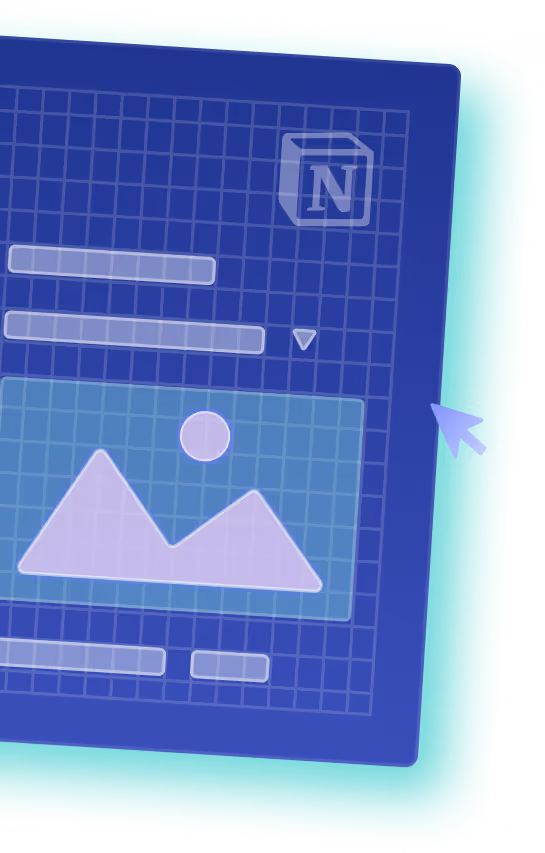
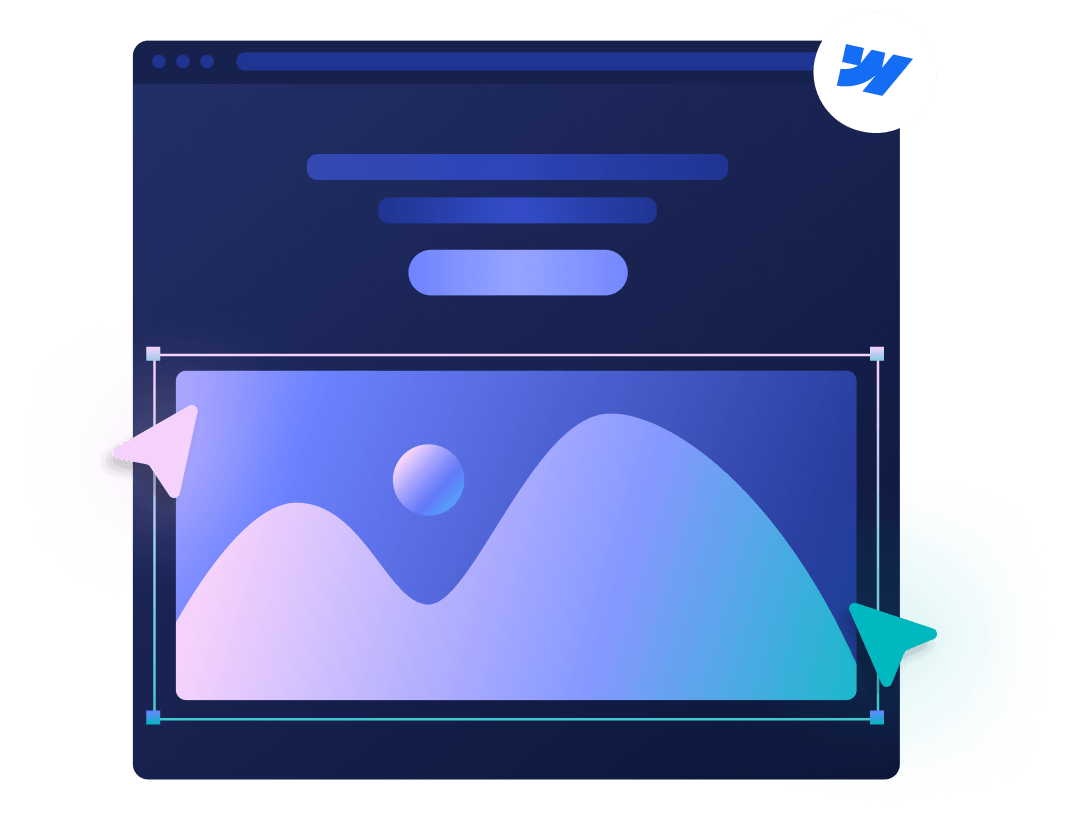
The 2025 Playbook for Website Customer Acquisition
.png)

.png)

in mind?
Talk with our team and learn how your ideas can become digital experiences.
Your go-to Webflow
resources library
Webflow projects where we made Google Maps integration
Check Other Webflow integrations
We get asked these questions often
Can you add Google Maps to a Webflow site?
Yes, you can add Google Maps to a Webflow site using the map component available in Webflow's design tools.
Is it difficult to integrate Google Maps with Webflow?
The difficulty of integrating Google Maps with Webflow varies depending on your familiarity with Webflow and Google Maps API, but it generally involves straightforward steps like obtaining an API key and customizing map settings.
Can you integrate Google Maps to a Webflow site for free?
Yes, you can integrate Google Maps into a Webflow site for free, but keep in mind that Google Maps Platform has a pay-as-you-go pricing model, offering a limited number of free map loads per month.
.svg)

.png)
.png)
.svg)
.svg)
.webp)
.svg)



